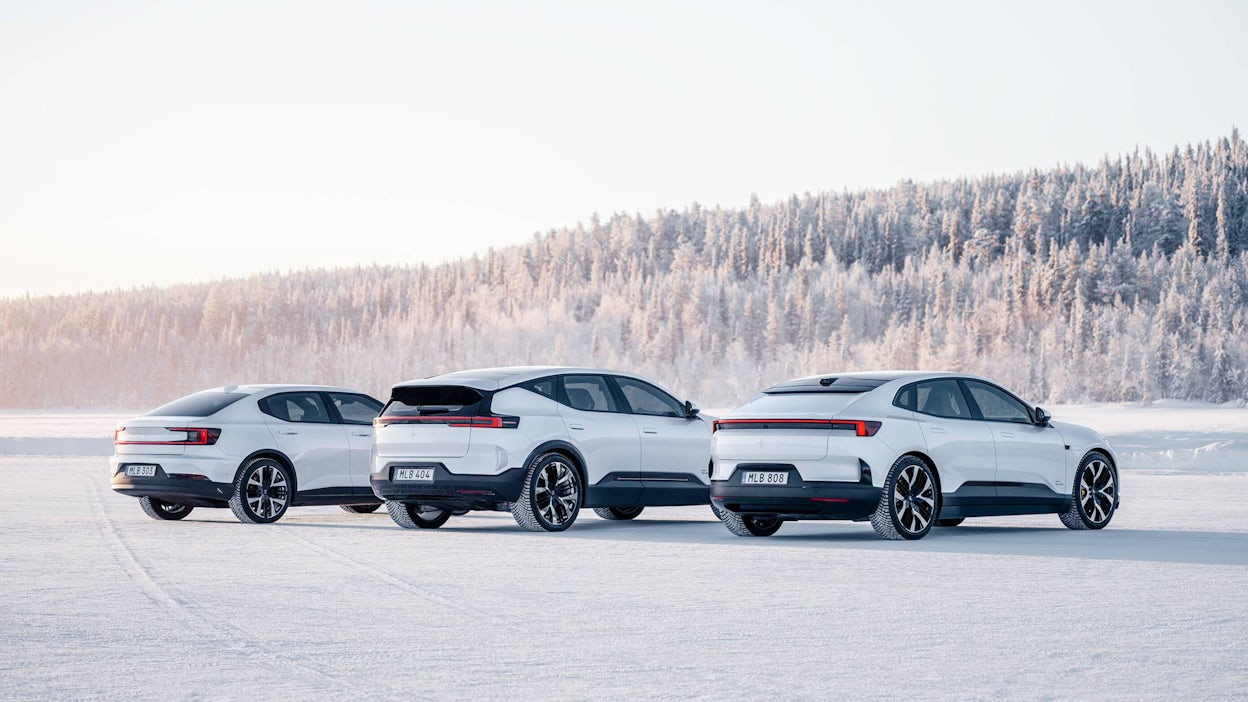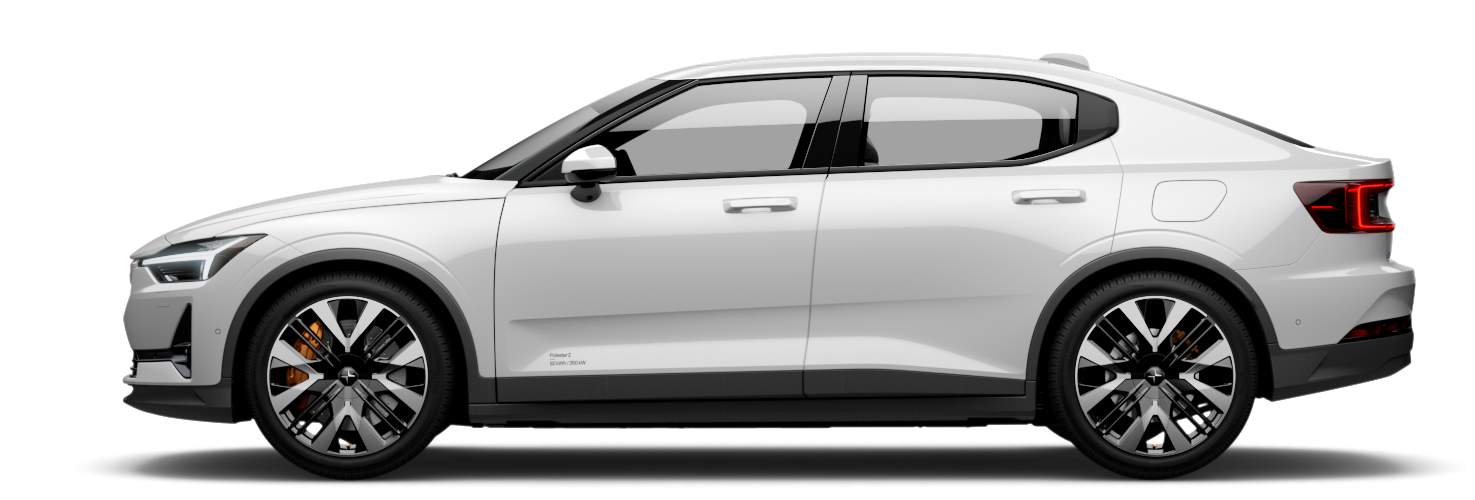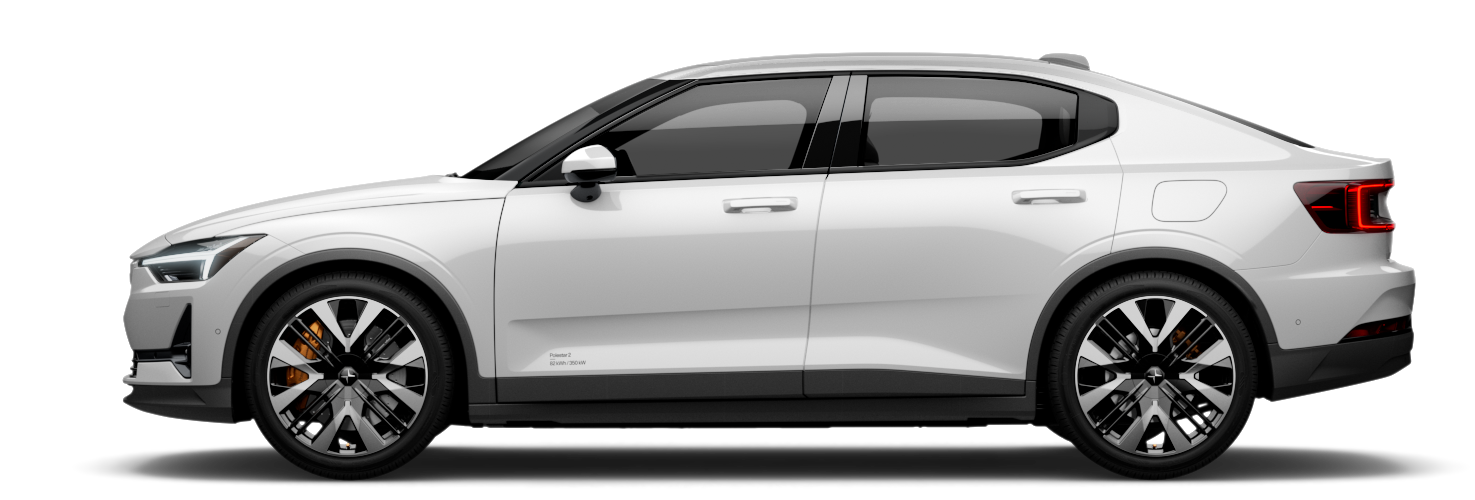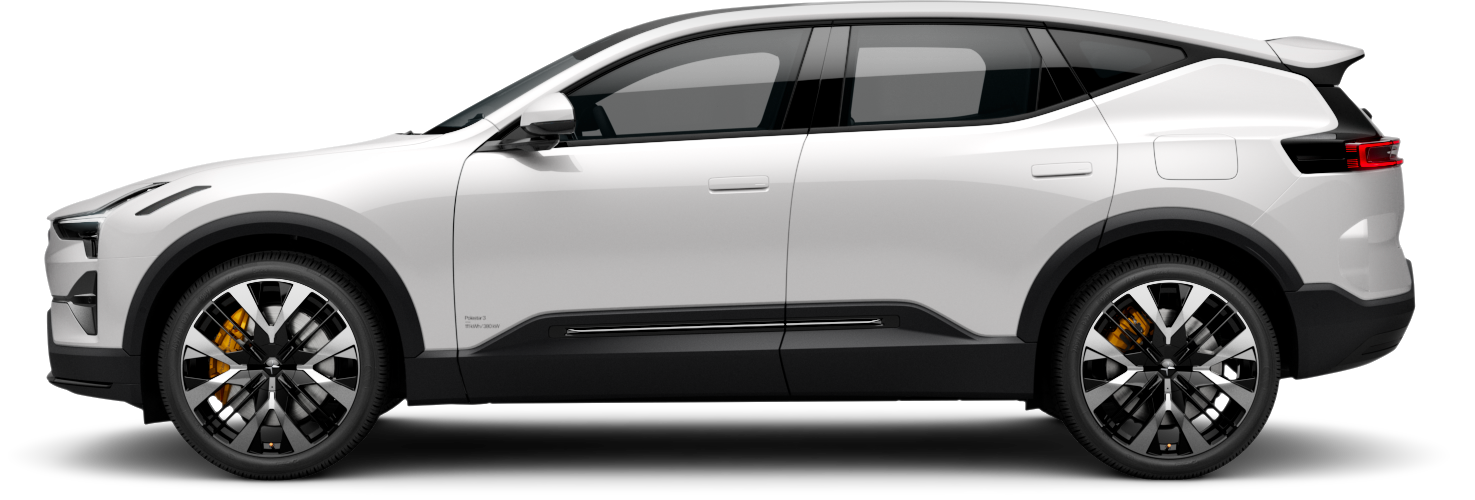Michael Lohscheller: Keep the faith (and keep your promises)
It is now do-or-die time and promises are only real if we keep them.

Instead of accelerating, too many policymakers are now backtracking
It’s 2024 and greenhouse gas emissions are still increasing. Despite all the discussions. Despite all the ambitions and, sadly, despite all the investments that are being made by private sector companies and public bodies. What’s missing? Speed and a stronger sense of urgency. Which will not come on their own. They require action.
The transport sector, and the car industry in particular, has the technologies and tools in place to do its part in reducing greenhouse gas emissions: electrification. Plain and simple. There is no other credible and so well-developed technology to help us live up to the Paris Agreement.
EVs are getting better and better. Range, charging speed, infotainment, performance, comfort – quite simply, if you’re in the market for a great car, across almost any segment, chances are that the EV alternative is better than the ICE alternative. And yet, the pace of adoption – on the whole – is not accelerating. In many countries, it’s slowing.
There are some great examples of countries where the shift to EVs continues to accelerate: Norway, India, and China, to name a few. These are all examples of how small incentives and clear standpoints have an exponential impact. And once a consumer makes the shift to get their first EV, the snowball effect becomes a reality – something that has been proven by other more sustainable solutions, like solar power.
But instead of accelerating, too many policymakers are now backtracking. The EU’s ambitious phase-out plans for ICE cars are being questioned by the very policymakers that put it in place, driven by a claimed need to “improve competitiveness and protect jobs.” At the same time, support for jobs being created by companies like Northvolt or Vattenfall (one of many companies investing in wind power), who play an incredibly important role in the future competitiveness of our region — is dwindling.

Unfortunately, this is a microcosm of what we see across other markets and areas, as well. Policymakers and investors are letting short-term worries and blips in the curve halt decisive action on climate change instead of committing to what they have promised voters and businesses – putting our 2035 ambitions at risk.
This indecisiveness not only slows down the green transition, it also ensures that brown alternatives remain the cheaper and more convenient alternative.
We urge policymakers and investors present at COP29 to live up to their commitments and strengthen their support for the climate solutions that are available, including strengthening their support for the transition to electric mobility and setting a plan and structure for putting a global price on carbon emissions.
Whether large or small, there are plenty of companies out there that are already committed to making this transition happen. Use us, our technologies, and our relentless faith to speed things up.
Michael Lohscheller
Polestar CEO








